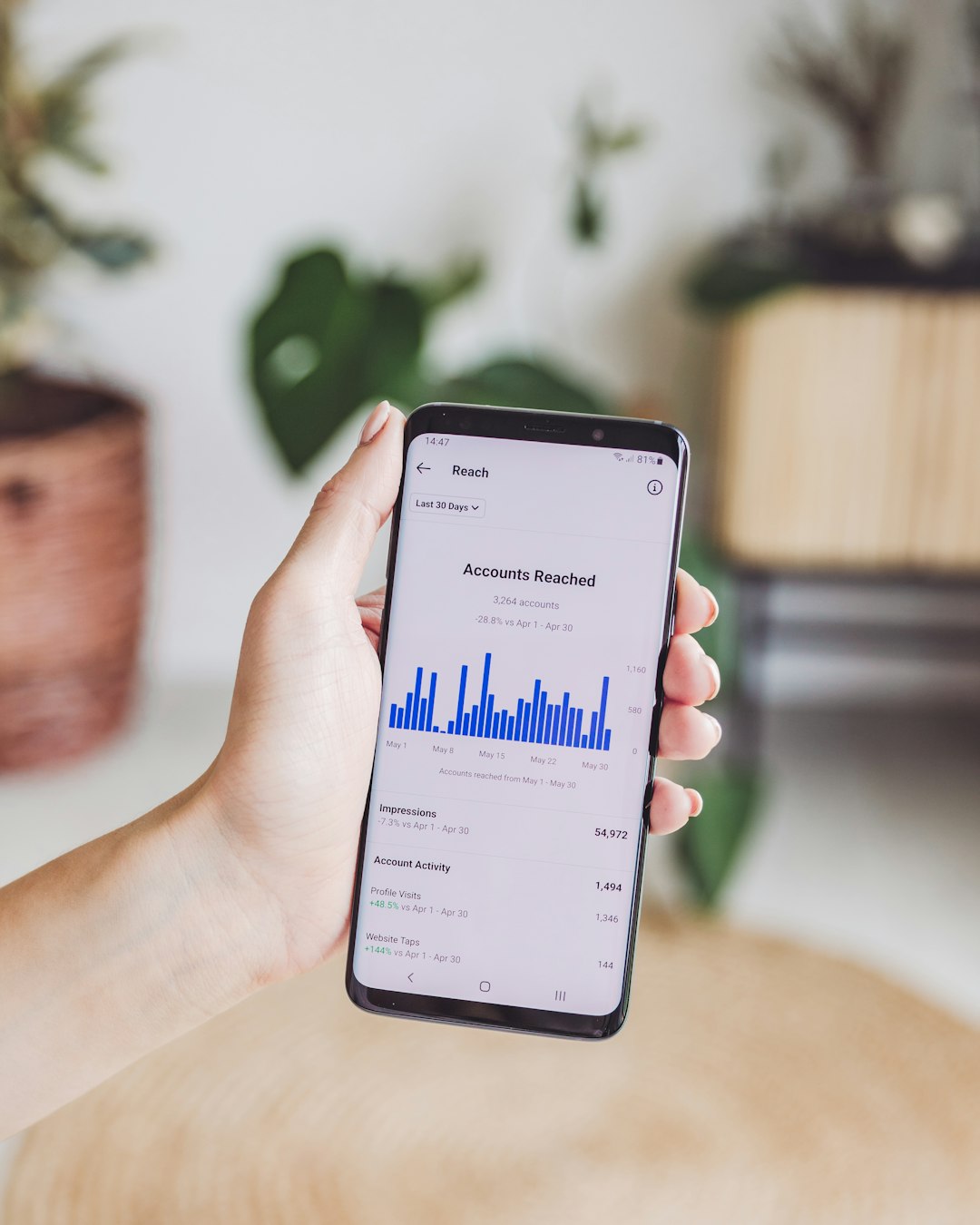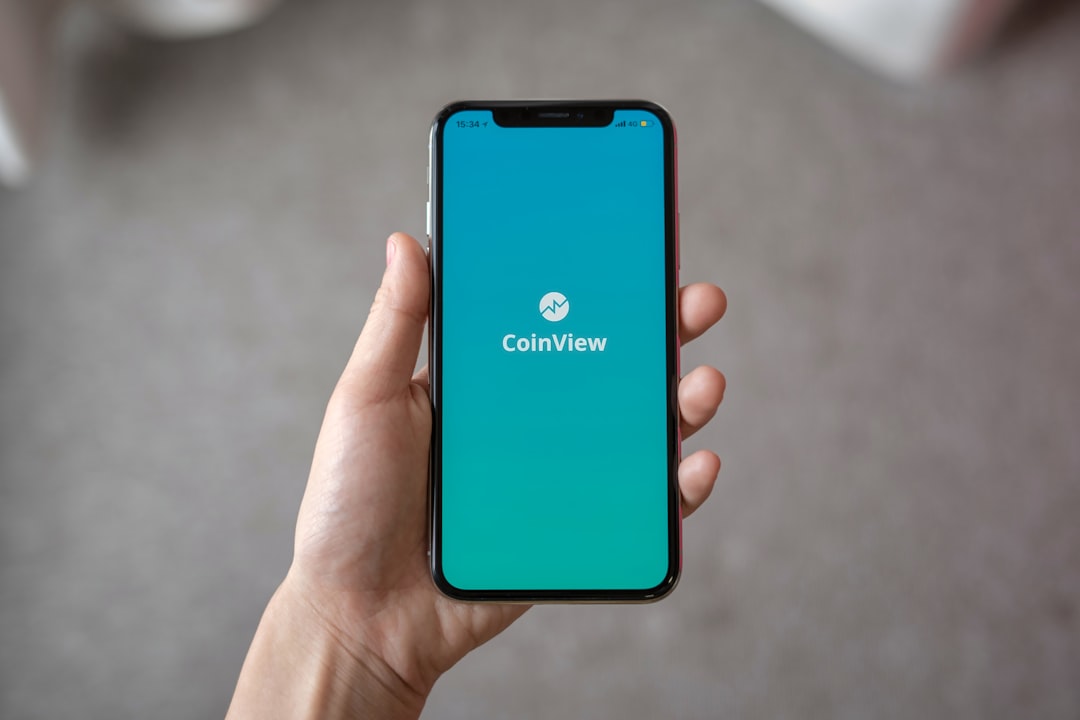Adherence to Texas' robocall laws is crucial, with the TCPA protecting residents from automated marketing calls. Users are turning to call blocking apps like Honcho and NoCall to combat a surge in spam calls, leveraging advanced algorithms for high accuracy. These apps empower Texans to enforce state laws and reclaim control over communication channels, providing intuitive interfaces, analytics, and personalized filtering options.
“In Texas, understanding and navigating the complex landscape of robocall laws is crucial for residents seeking to protect themselves from unwanted spam calls. This comprehensive guide delves into both the legal framework governing automated telephone marketing and the growing popularity of call-blocking apps. We explore how these applications work, highlighting their benefits in providing effective spam call protection. Discover the top-rated app options available to Texas residents, offering robust solutions for staying safe from intrusive robocalls.”
Understanding Robocall Laws in Texas: A Comprehensive Overview

In Texas, understanding and adhering to the state’s robocall laws is essential for both residents and businesses alike. The Telephone Consumer Protection Act (TCPA) provides significant protections against automated or prerecorded telephone calls, commonly known as robocalls, for marketing purposes. These laws are in place to safeguard consumers from unwanted and deceptive calling practices. Texas law permits such calls only if the caller has obtained prior express consent from the recipient.
The TCPA gives Texans the right to sue for damages if they receive robocalls without explicit permission. It’s crucial for app developers and marketers to comprehend these regulations, especially when creating apps aimed at mitigating spam calls. By ensuring compliance with robocall laws Texas, these apps can offer users a more secure and peaceful communication environment.
The Rise of Spam Call Blocking Apps: How They Work and Their Benefits

In recent years, the rise of spam calls has been a growing concern for Texans, leading to an increase in the adoption of call blocking apps. These applications have become indispensable tools in the ongoing battle against unwanted and fraudulent robocalls, which are illegal under Texas’ robocall laws. The way these apps work is quite simple: they use advanced algorithms and machine learning techniques to identify and block calls from known spam sources. By analyzing patterns and characteristics of incoming calls, these apps can distinguish between legitimate calls and spam with impressive accuracy.
The benefits of using call blocking apps are numerous. They provide users with much-needed peace of mind by significantly reducing the volume of unwanted calls, ensuring that important calls from friends, family, or genuine businesses still get through. Moreover, these apps save time and effort by automatically filtering out spam, allowing individuals to focus on more meaningful interactions. With Texas’ strict robocall laws in place, blocking apps offer an effective means of enforcement, empowering citizens to take control of their communication experience.
Top-Rated App Options for Effective Spam Call Protection in Texas

In the battle against relentless robocalls, Texas residents now have powerful tools at their fingertips. When it comes to top-rated app options for effective spam call protection, several applications stand out for their robust features and user satisfaction. These apps leverage advanced algorithms and machine learning technologies to identify and block not just common spam calls but also the ever-evolving tactics employed by robocallers.
One of the leading contenders is Honcho, an app renowned for its intuitive interface and high success rate in blocking unwanted calls. Another popular choice is NoCall, which offers extensive call history analytics and personalized filtering options. These apps not only protect users from frustrating interruptions but also provide valuable insights into call patterns, helping Texans stay informed and safe under the state’s robust robocall protection laws.






